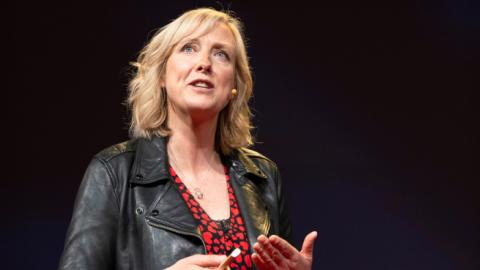Carole Cadwalladr is different from the stereotypical British journalist. She is earnest where many are regarded as cynical. Fractious while others are chummy. An activist freelancer whose rivals inhabit berths with the big media players.
To her fans, Cadwalladr is an icon—a brave, irreverent, truth-seeking missile, exposing a nexus of corruption that is subverting our body politic, not only the Woodward and Bernstein of Brexit, but also its Emmeline Pankhurst, tirelessly campaigning for what she sees as a just outcome. But to her opponents, she is something else: a hysterical middle-aged conspiracy theorist, someone who pushed her stories beyond what the facts supported and who was willing to legally threaten journalists she was working with to get her way—or, in the words of the BBC journalist Andrew Neil, a “mad cat woman.
She may also be among the most consequential reporters of her age, changing the way we talk about Facebook with her revelations of how Cambridge Analytica was mass-harvesting data to influence elections, and supercharging a movement for electoral reform with stories about illegalities a pro-Brexit campaign group. Her articles have triggered investigations, were partly responsible for hauling Mark Zuckerberg in front of Congress, and helped result in Facebook being fined several billion dollars. They have also won her more than a dozen awards, and seen her named as a finalist for a Pulitzer. She is even the thinly veiled inspiration for the journalistic hero in a recently released young-adult novel.
Yet as her star has risen, so have her opponents...



















